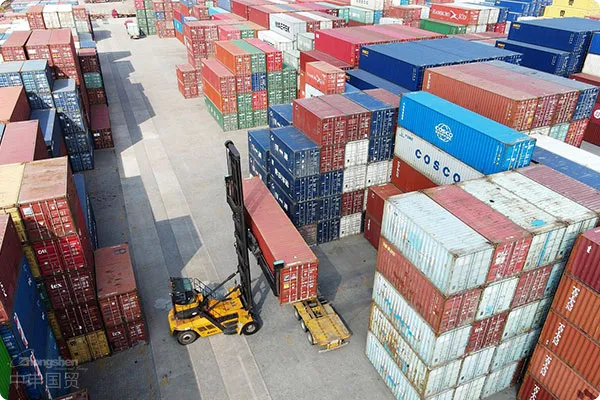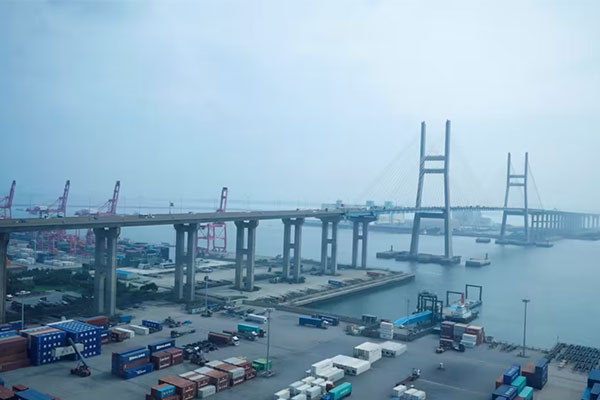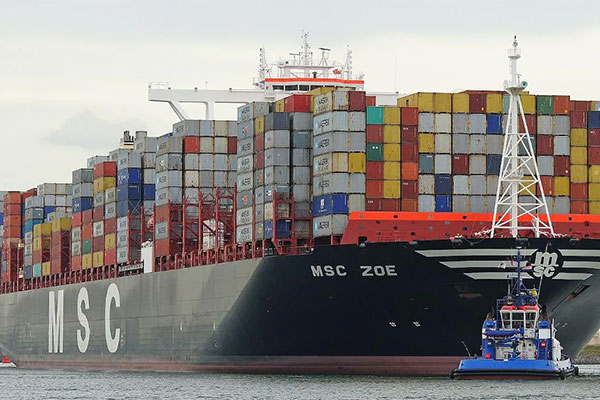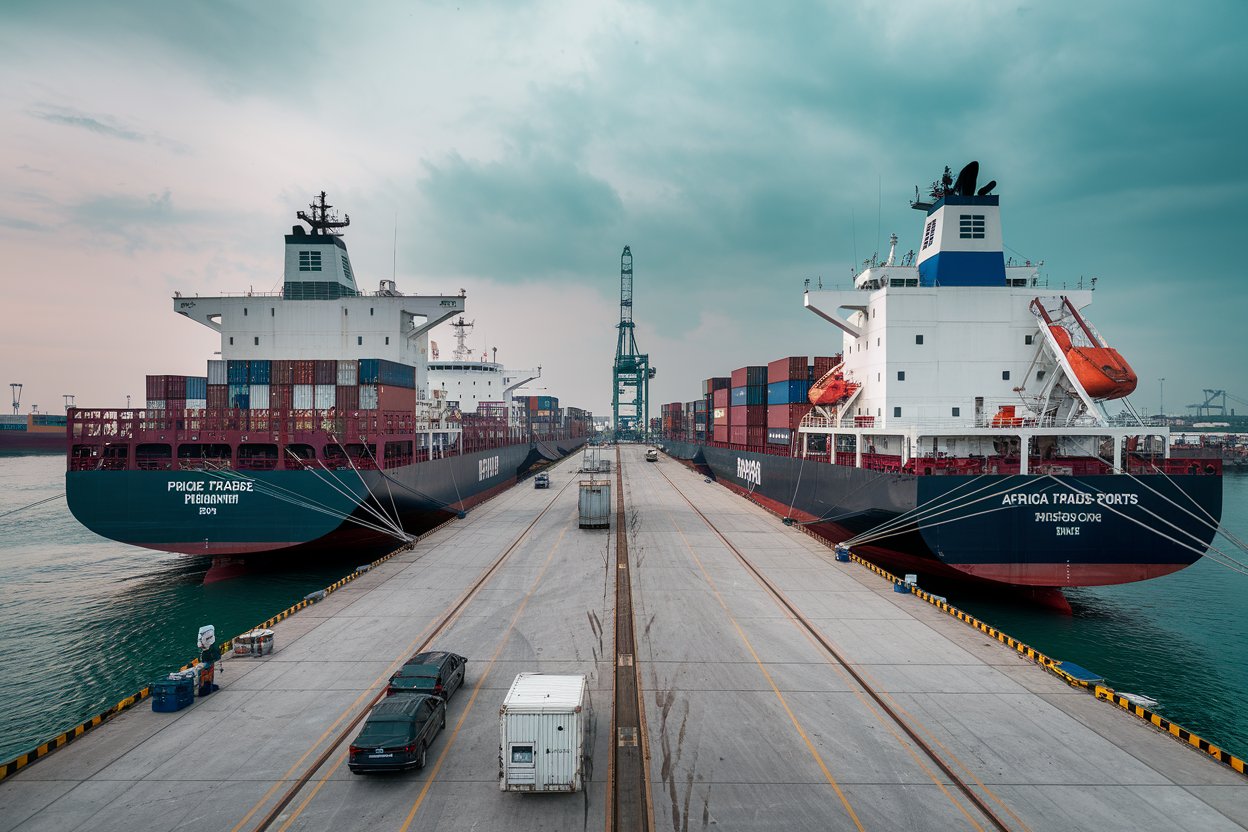- Shanghai Zhongshen International Trade Co., Ltd. - Two decades of trade agency expertise.
- Service Hotline: 139 1787 2118

Unlocking the European market:Cross-border E-commerceExport RepresentationComplete platform guide
In the globalized business environment, cross-border e-commerce has become an important way for enterprises to expand into international markets. Particularly the European market, with its vast consumer base and high purchasing power, has attracted attention from many Chinese enterprises. However, facing complex international trade rules and logistics challenges, many enterprises choose cross-border e-commerce export agency platforms to simplify processes and reduce risks. This article details how to successfully enter the European market using these platforms.
Selecting the right cross-border e-commerce export agency platform
First, enterprises need to choose suitable agency platforms based on their product characteristics and market demands. Here are some selection criteria:
- Platform reputation: Choose platforms with good market reputation and successful cases
- Service scope: Ensure the platform provides one-stop services from logistics, customs clearance to after-sales
- Transparent fees: Understand all fee structures to avoid hidden costs
- Technical support: Whether the platform provides technical support and data analysis services
Detailed operational process
Once the appropriate platform is selected, the following operational process is key. Here are the detailed steps:
- Registration and certification: Register an account on the platform and complete enterprise certification and product review
- Product listing: Upload product information including images, descriptions and prices according to platform requirements
- Order processing: The platform will process orders from European buyers, and enterprises need to promptly confirm orders and arrange shipments.
- Logistics and Customs Clearance: The platform is responsible for arrangingInternational Logisticsand customs clearance procedures to ensure products reach Europe smoothly.
- After - sales Service: Provide necessary after-sales support to handle returns and exchanges.
Precautions
When using cross-border e-commerce export agency platforms, enterprises should also pay attention to the following points:
- Compliance: Ensure all operations comply with international trade regulations and European market standards.
- Market Research: Gain an in-depth understanding of European consumer preferences and competitive landscape.
- Risk Management: Develop risk management strategies to address potential logistics delays, currency fluctuations, and other risks.
- Continuous Optimization: Continuously optimize products and services based on market feedback and sales data.
By following the above steps and considerations, enterprises can more efficiently utilize cross-border e-commerce export agency platforms to successfully expand into the European market. Choosing the right platform, adhering to standardized operational procedures, and paying attention to detail management will bring stable growth to overseas business.
Related Recommendations
? 2025. All Rights Reserved. Shanghai ICP No. 2023007705-2  PSB Record: Shanghai No.31011502009912
PSB Record: Shanghai No.31011502009912










